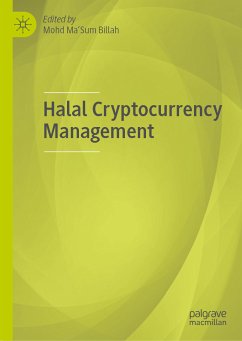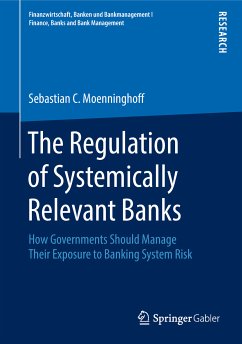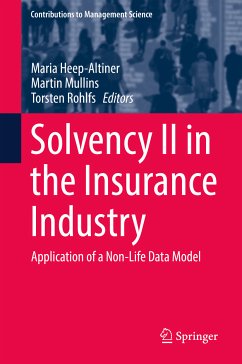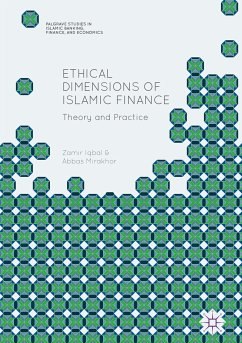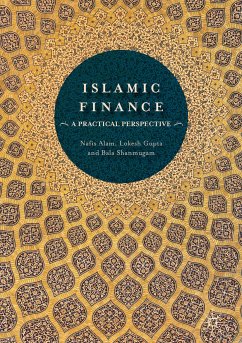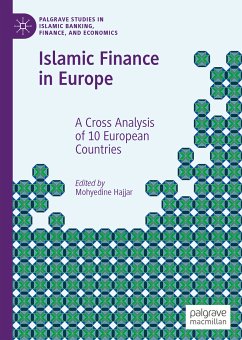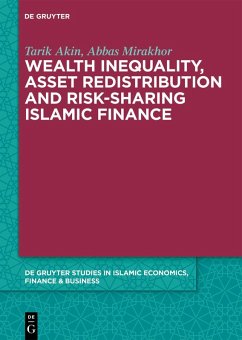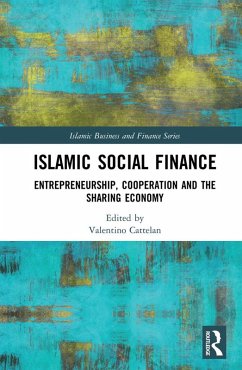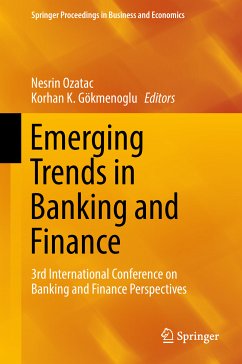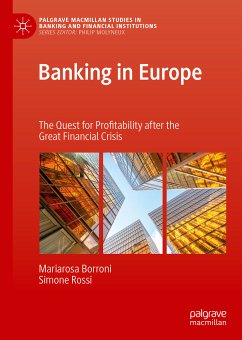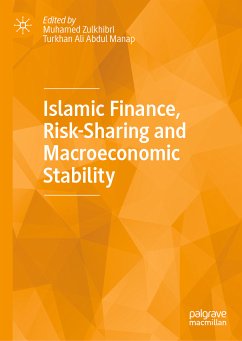
Islamic Finance, Risk-Sharing and Macroeconomic Stability (eBook, PDF)
Versandkostenfrei!
Sofort per Download lieferbar
120,95 €
inkl. MwSt.
Weitere Ausgaben:

PAYBACK Punkte
60 °P sammeln!
Examines the compatibility of capitalism and Islamic economics/finance by addressing important questions
Proposes nominal-GDP targeting (NGDPT) framework as an efficient monetary policy that is also consistent with Islamic monetary economy
Provides the Shari'ah as the principal source of Islamic banking
Investigates the effects of dynamic forces behind capital structure variation such as the optimal capital structure behaviour based on the trade-off, pecking order, market timing and firm fixed effect models of capital structure
Dieser Download kann aus rechtlichen Gründen nur mit Rechnungsadresse in A, B, BG, CY, CZ, D, DK, EW, E, FIN, F, GR, HR, H, IRL, I, LT, L, LR, M, NL, PL, P, R, S, SLO, SK ausgeliefert werden.



